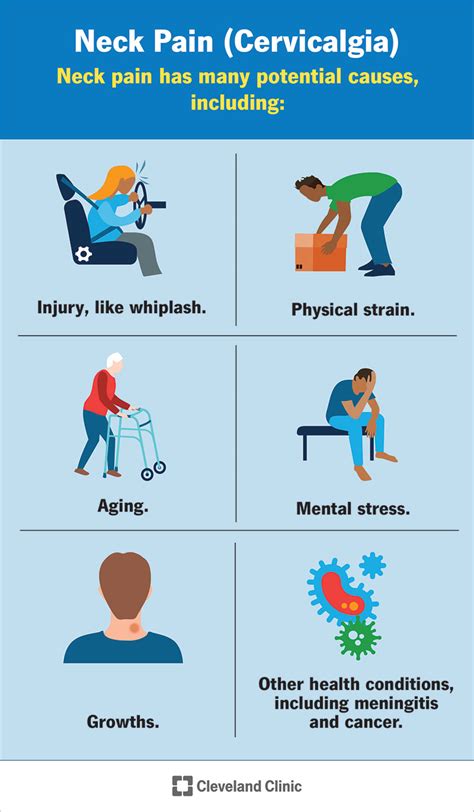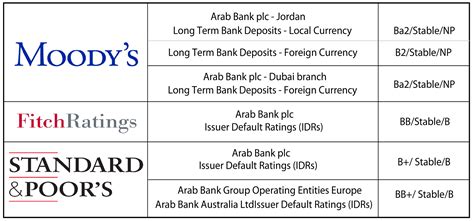Introduction
In the data-driven era, data analysts are in high demand. With the ability to extract insights from vast amounts of data, they empower businesses with actionable information. If you’re an aspiring data analyst seeking to land your dream job, crafting a compelling career objective is crucial. Here are 10 killer examples to inspire your own:

Examples of Career Objectives for Data Analysts
-
Objective: To leverage my analytical prowess and data visualization skills to drive strategic decision-making and improve business outcomes.
-
Objective: To utilize my expertise in data mining and statistical modeling to uncover hidden trends and patterns, enabling organizations to gain competitive advantage.
-
Objective: To apply my strong understanding of machine learning algorithms to develop predictive models that forecast future trends and optimize operations.
-
Objective: To collaborate with cross-functional teams to identify business pain points and develop data-driven solutions that enhance efficiency and profitability.
-
Objective: To leverage my ability to translate complex data into clear and actionable insights, empowering stakeholders with the information they need to succeed.
-
Objective: To contribute my skills in data governance and data quality management to ensure the integrity and reliability of data used for analysis.
-
Objective: To utilize my expertise in cloud computing and data engineering to optimize data processing and storage for efficient and timely analysis.
-
Objective: To apply my strong foundation in data warehousing and database management to ensure the accessibility and security of critical data assets.
-
Objective: To leverage my experience in data storytelling to translate complex data into compelling narratives that resonate with audiences and drive informed actions.
-
Objective: To join a dynamic team of data professionals where I can leverage my analytical skills to solve real-world challenges and make a meaningful impact.
Benefits of a Strong Career Objective
A well-crafted career objective showcases your key skills and motivations, and highlights how you can align with the goals of a specific organization. It:
- Grabs the attention of potential employers
- Demonstrates your understanding of the data analyst role
- Shows your enthusiasm for the field
- Sets you apart from other candidates
Pain Points in Crafting a Career Objective
Despite its importance, writing a career objective can be challenging. Common mistakes to avoid include:
- Generic and unspecific: Avoid using vague language or generic statements.
- Too long or overly detailed: Keep it concise and to the point, no more than 2-3 sentences.
- Not tailored to the specific role or company: Research the company and tailor your objective to their needs and values.
- Lacking keywords: Include relevant keywords that match the job description to increase your chances of getting noticed.
Pros and Cons of Career Objectives
Pros:
- Showcases your qualifications and motivations
- Grabs the attention of employers
- Helps you stand out from the competition
Cons:
- Can be challenging to write effectively
- May limit your application to only specific roles
- Can be less effective for entry-level candidates
Job Outlook and Skills for Data Analysts
Data analysts are in high demand, with the Bureau of Labor Statistics (BLS) projecting a 25% growth rate by 2030. According to Glassdoor, the average salary for a data analyst is $100,560 per year.
To succeed in this field, you should have a strong foundation in:
- Mathematics and statistics
- Data mining and machine learning
- Data visualization and communication
- Data engineering and cloud computing
4 Types of Applications for Data Analysts
The applications of data analysis are vast and diverse. Here are four types of applications that highlight the transformative power of data:
| Application | Description | Examples |
|---|---|---|
| Predictive Analytics | Using data to forecast future trends and events | Predicting customer churn, optimizing supply chains |
| Prescriptive Analytics | Using data to recommend optimal actions | Recommending personalized product recommendations, determining optimal pricing strategies |
| Diagnostic Analytics | Using data to identify the root causes of problems | Identifying fraudulent transactions, analyzing clinical data to identify disease patterns |
| Descriptive Analytics | Using data to summarize and present insights | Creating dashboards and reports, tracking key performance indicators |
Conclusion
Crafting a strong career objective is essential for aspiring data analysts. By highlighting your skills, motivations, and alignment with the organization’s goals, you can grab the attention of potential employers and showcase your value. Remember to keep it concise, tailored, and keyword-rich to maximize your chances of success. With the growing demand for data analysts and the transformative power of data, the opportunities are endless for those with the right skills and drive. Embrace the challenge, harness the power of data, and make your mark as a top-performing data analyst.
















